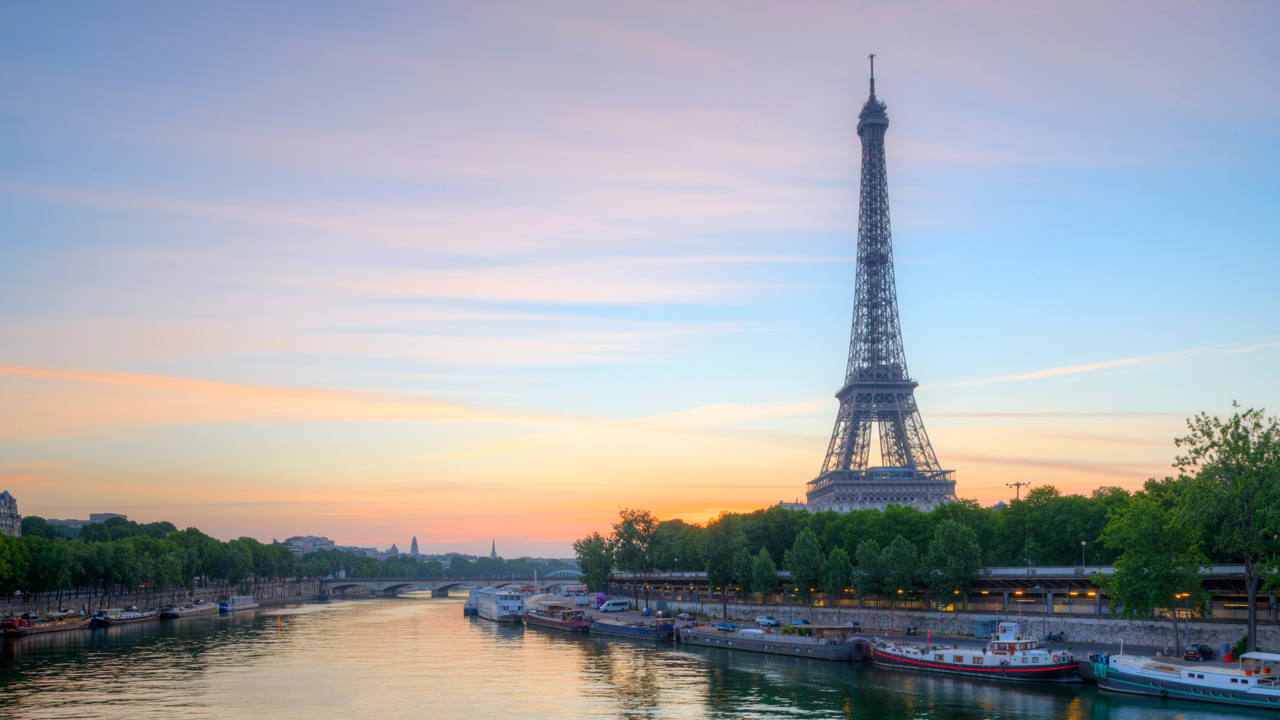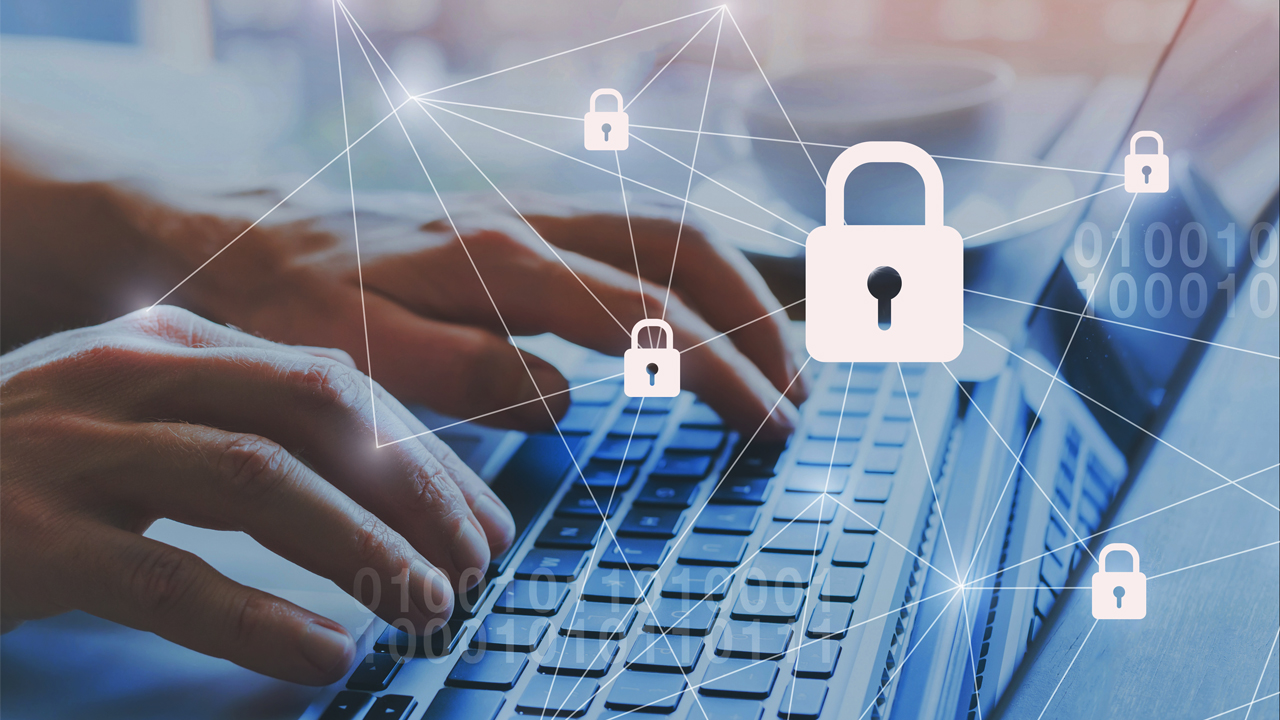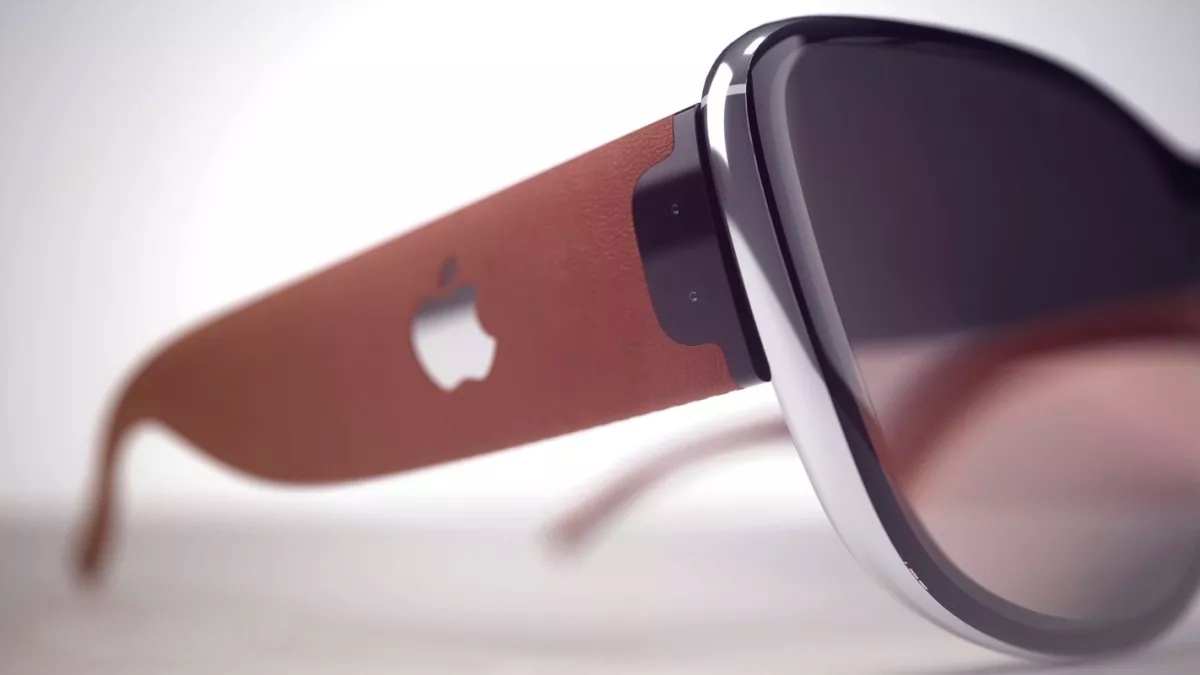Why do you need a VPN in France?
VPNs are becoming increasingly popular in France, but what can you use them for?

Virtual private networks, or VPNs as they’re better known, are becoming increasingly popular with internet users all over the world. In fact, France VPN use has grown by 47% between 2017 and 2020, making up a substantial part of the 31% of worldwide internet users who use a VPN in any form.
So why are people in France looking for the best VPN services right now? There’s no one answer to this question, as VPNs have multiple purposes and the primary reason for having one will vary from person to person. In this article we discuss some of the top use cases to help you decide whether you need a VPN in France.
- Want more viewing variety? Here's how to change region on Netflix
Unlock geo-blocked content
As the internet has evolved, so has the way people use it, and these days one of the most popular reasons for getting a VPN is to access more content from streaming providers such as Netflix, Amazon Prime Video, or even BBC iPlayer.
Whilst almost every VPN provider out there will say their service can unblock content from every provider, the reality is quite different. So, if this is an important factor for you, be sure to do your research and get the best streaming VPN.
- What is a VPN? Here, we explain all
Restrict government surveillance
Although the general public is waking up to the reality of how their online footprint is monitored by the government, few people realise just how far this surveillance goes. This is especially true if your country is part of the Five Eyes Alliance—a group of countries (USA, UK, Canada, Australia and New Zealand) that share with each other the data they collect on their citizens.
Although France isn’t a part of the Five Eyes, it is a member of a spin-off agreement called the Nine Eyes, which includes the aforementioned countries as well as Denmark, Holland, and Norway.
Protecting one’s identity and online footprint was, and for many still is, the primary reason for getting a secure VPN. Although this may seem excessive to some, just because you don’t have anything to hide doesn’t mean you don’t deserve to keep your personal information private. Similar to how you wouldn’t want a government agent following you around, why would you want anyone keeping tabs on your search history?
Sign up to get the BEST of Tom's Guide direct to your inbox.
Get instant access to breaking news, the hottest reviews, great deals and helpful tips.

Shielding from cybercrime
Cybercrime is a growing problem all over the world, but a 2020 report from Statista found that in France alone the National Gendarmerie reported 68,000 cases of cybercrime in 2018, 75% of which were fraud cases.
As cybercriminals become more sophisticated with how they target regular internet users, more people are taking measures to protect themselves from such attacks. Getting a VPN is the easiest and most efficient way to protect your devices.
Although a VPN won’t make you invulnerable, the modus operandi of most hackers is to go after the easiest targets. If you think of computers as houses and hackers as burglars, the chances are they’re going to target the house with the lowest security, which is why a VPN is one of the best ways to protect yourself from being a target.
Bypass ISP restrictions and bandwidth throttling
People who live with their parents or whose internet is included as part of a tenancy agreement—so they are thus not the Wi-Fi account holder—may find that certain websites and online content are banned. This can go beyond adult content, as even social media sites may be blocked under certain parental controls.
Of course, such tools are important for safeguarding children, but if you’re an adult then your internet shouldn’t be censored. That’s where a VPN comes in, enabling you to get around any imposed restrictions.
Your ISP might also throttle your bandwidth (i.e. slow your internet connection) depending on what it thinks you’re doing on the internet. It’s not uncommon for ISPs to throttle bandwidth during peak times or if you’re streaming content or gaming online. This means that the ISP’s network will be less congested, but it can be incredibly frustrating for users struggling to stream a movie on a Friday night.
A VPN service eliminates the risk of this happening. It’s worth noting that VPNs will reduce your connection speeds (by as little as 5% for the best providers), but throttling can be much worse than that—and if you choose a fast VPN, you can’t go wrong in this department.
What do we recommend?
ExpressVPN stands out from the competition in terms of price, features, and value. With servers in nearly 100 countries, all the security features we mention above, blazing connection speeds, and reliable access to multiple streaming services, ExpressVPN is an excellent choice for those after security with no compromises.
While some users may prefer certain features of other top VPNs, it’s the best overall option for most users – and now Tom’s Guide readers can claim three months absolutely free.
Thomas Johnson is a freelance journalist whose passion and fascination with technology has led him here. He contributes to Future titles, such as Tech Radar, Tom’s Guide, IT Pro Portal and Creative Bloq. He’s also a self-confessed film snob and is the Editor of Salty Popcorn, a bi-weekly Substack dedicated to movie news, reviews and trivia.


